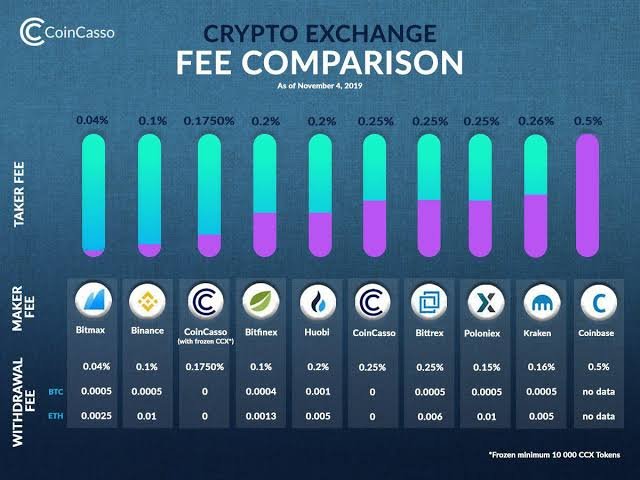Exploring the Benefits of Battery Energy Storage Systems for Businesses
Businesses and homeowners are increasingly using Battery Energy Storage Systems. They are powered by lithium-ion batteries like those in your phone, BESSs store power for use when electricity rates are high and can provide backup energy supplies. They can also be used to reduce demand charges on your electricity bill. They can help with time-of-use rates and real-time pricing structures and may be profitable without solar.
Reduced Energy Bills
A battery energy storage system (BESS) is a set of batteries that store electrical energy for use later. Businesses can benefit from a BESS in several ways. Managing energy costs can be challenging for businesses locked into contracts with their electricity provider. A battery storage system can help companies to retake control of their energy bills by lowering demand and energy charges on the power bill.
The flexibility of a battery can also open up new revenue streams for businesses. National grids run demand response schemes that incentivize companies to shift their consumption up or down to balance supply and demand on the grid. Batteries can provide these schemes’ balancing functions without affecting business operations.
The ability to discharge energy from a commercial battery system during periods of high demand can help reduce power prices. Batteries can also be used to manage the peaks in energy use that cause spikes in electricity tariffs, such as when people turn on their air conditioners at the same time. A business can use these benefits by installing a battery system to support its existing renewables (if it has solar) or as backup power.
Reduced Utility Bills
Businesses that can shift their energy use can find many benefits from finding flexibility. They can reduce their energy bills, access new revenue streams and improve their energy security.
A battery energy storage system can help your business reduce demand charges by shifting your facility’s power consumption to lower-demand, lower-cost times of day. This can significantly reduce the fees many commercial and industrial facilities pay for powering large consumption surges. BESSs can also help you minimize time-of-use (TOU) charges, which vary depending on when electricity is used. By charging your system during off-peak hours and discharging it during peak demand periods, you can reduce TOU charges, which can add up over time.
Energy storage can also enable your business to participate in demand-side response programs to balance supply and demand on the grid. Your business can use its onsite battery to turn down its consumption or provide backup power to the grid, helping to offset the cost of generating and maintaining your onsite renewable energy generation.
Increased Home Value
With battery storage systems, homeowners can achieve more energy self-sufficiency than a solar system alone. When paired with solar, battery systems can help reduce energy bills and fossil fuel consumption while lowering greenhouse gas emissions. Residential batteries can also contribute to grid reliability and resiliency by helping balance electricity supply and demand throughout the day. Batteries help ease grid congestion in areas with limited capacity while improving power quality and reducing voltage spikes that can damage appliances.
The growth of the storage market is generating interest from both homeowners and utilities. For instance, PSEG Long Island offers a program that allows customers with solar-plus-storage to earn money by discharging their batteries during high-demand events in the summer. Adding residential batteries to the electricity market will require collaboration between home solar providers, storage vendors, and utility partners to resolve delicate commercial, operational, and policy issues. But if done right, the residential energy storage market can help make our power grid more cost-effective, reliable, and resilient.
Reduced Downtime
Energy storage systems enable businesses to reduce downtime by providing backup power for critical applications. Unlike generators, battery systems are quiet and do not produce emissions.
BESSes are also ideal for reducing peak demand on the grid. Every day engineers on the grid must match electricity supply with demand, and these periods of peaks are often met with fossil-fuel-powered plants. Battery energy storage systems, especially when paired with solar, can reduce the need for these costly, inefficient, and carbon-intensive plants over time.
Business owners can benefit from a BESS by shifting their energy usage, taking advantage of lower electricity rates at night and for some utilities during the day, and increasing solar self-consumption (especially for those on a utility that doesn’t offer net metering). Businesses looking to add value to their investment can also participate in ancillary services markets with a third-party economic dispatch partner to earn additional revenue from their system.
Reduced Risk
Battery storage systems are becoming more popular as technology improves and prices decline. This is good news for businesses that want to find flexibility in their energy use and access new revenue streams.
However, if a battery is damaged, it can cause thermal runaway. This chain reaction begins when the batteries start to heat up, and it can lead to fires or even explosions. Safety professionals must stay informed on preventing these hazards to protect their clients and employees. A specialist Insurance broker can help business owners syndicate an insurance placement with policy terms and conditions designed to address the unique aspects of BESS projects. They can also assist in meeting bankability requirements where project finance is utilized. By providing expert advice, they can protect your business’s BESS project throughout its lifespan.







